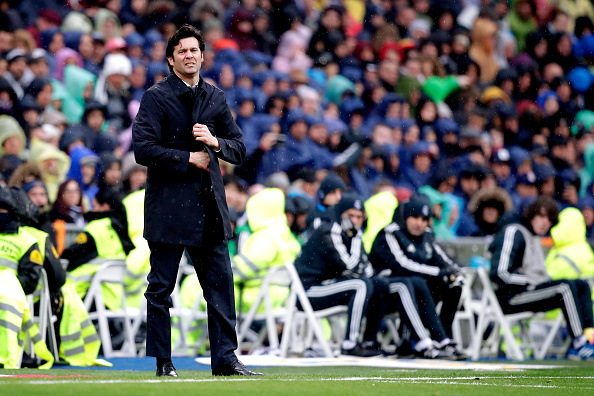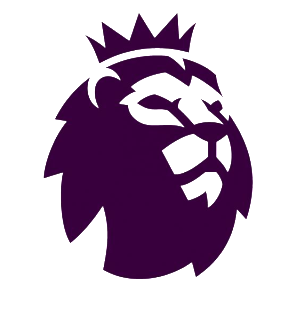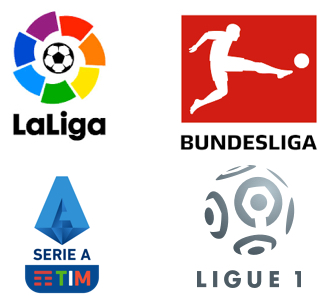
Three consecutive Champions League titles will do funny things to a club’s expectations.
Real Madrid are amid a period of European dominance the likes the club hasn’t experienced since the Alfredo Di Stefano era. So when Real lost club legends Cristiano Ronaldo and Zinedine Zidane in the offseason, many expected the Spanish giant to adjust and continue to build upon its success. It turns out playing without one of the greatest footballers who has ever lived and the only coach ever to win three Champions Leagues in a row isn’t as easy as we thought.
After a soul-crushing 5-1 loss to Barcelona, Real Madrid sacked manager Julen Lopetegui — the same guy who essentially gave up his job at Spain during the World Cup to join the club — only 138 days after hiring him. After a vital 2-0 victory against Sevilla on Saturday, Real moved up to third place in La Liga after 20 games, seven points off leaders Barcelona, who play tomorrow against Leganes.
Sevilla looked dangerous in the first half, but Real Madrid took control in the final 15 minutes. A Casemiro screamer in the 77th minute broke the deadlock while Luka Modric sealed the game with his strike in the 91st.
As far as record goes, Real are only two points worse off than they were last season (that campaign also happened to be Barcelona’s one-loss season, making Real Madrid an afterthought in the title race). Their offensive numbers, on the other hand, have taken a nosedive. Through 20 games last season, Real had 43 goals, averaging a tad over 2.15 goals per game. Following the 2-0 victory against Sevilla on Saturday, Real are currently averaging 1.50 goals, and their 30 goals is equal to 12th-place Levante and less than 17th-place Celta Vigo.
What’s more jarring, however, is Real Madrid’s finishing woes. They average a league-leading 16.3 shots per game, and 9.5 of those shots are within the penalty area. Top scorers Karim Benzema and Gareth Bale, remnants of Real’s once-daunting attacking triumvirate, have combined for 11 goals in the league. Both have had their share of injury struggles as well. Frankly, part of me can’t blame Benzema and Bale for their underwhelming performances this season. Just like Lopetegui, the duo is prisoner to Real’s astronomically unrealistic expectations. Benzema and Bale were expected to take Ronaldo’s role as the focal point of attack after spending years serving as his supply line.
Additionally, interim manager Santiago Solari has made Benzema and Bale’s respective roles as the marquee attackers more complicated with his questionable squad selection. Solari’s refusal to start Isco, Real’s best playmaker from the latter half of last season, has been well-documented. As expected, Solari left Isco on the bench against Sevilla. He also started youth academy product Sergio Reguilon at left back over Marcelo, who — alongside Dani Carvajal — usually provides the width in Real’s attack.
Isco and Marcelo were two vital parts of Ronaldo’s successful transition to striker, but the club seems obstinate in its youth approach. Though there’s nothing wrong with a team giving its upcoming generation ample opportunities to develop, managers also have a responsibility to make use of their most talented players. If a manager’s system or philosophy doesn’t include the club’s best players, then that’s a scathing indictment on the manager.
Ultimately, Real’s attacking woes shouldn’t come as a surprise. Selling Ronaldo wasn’t a bad decision from a financial or developmental standpoint, but it still left a hole in the club’s offense it was never going to fill with the players it had. Combine that with Real Madrid’s aging core (Ramos, Modric, Benzema and Marcelo are all over 30), and the club’s iffy season makes a lot more sense.






